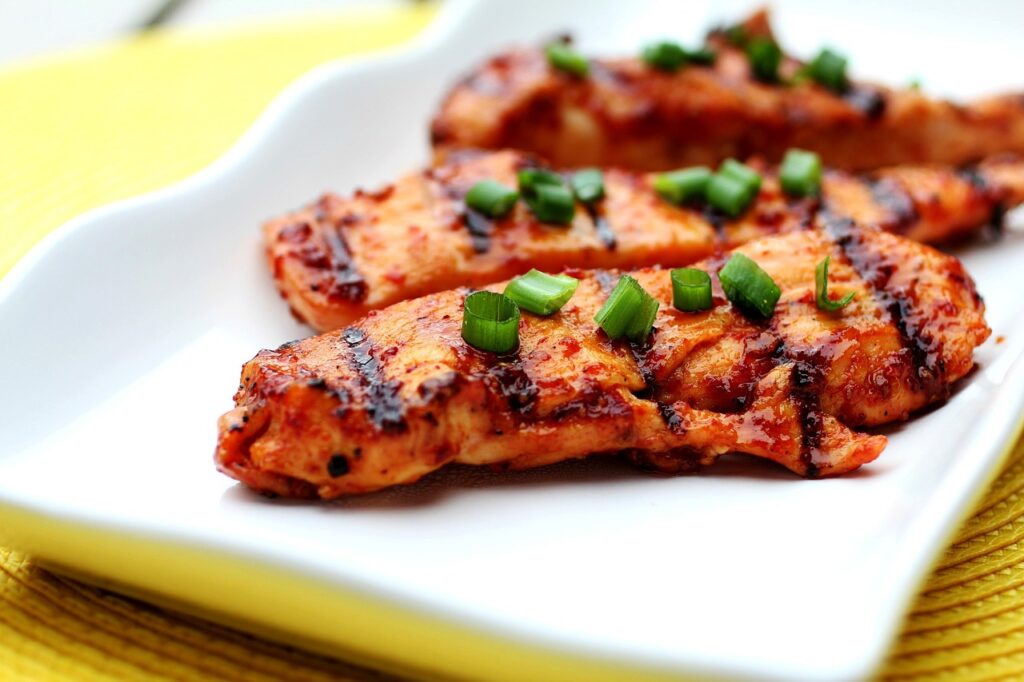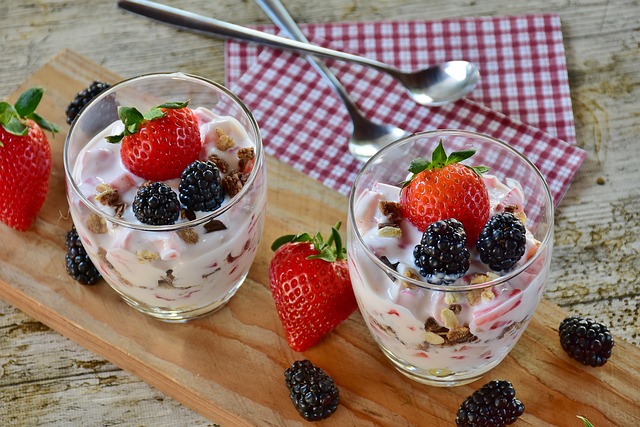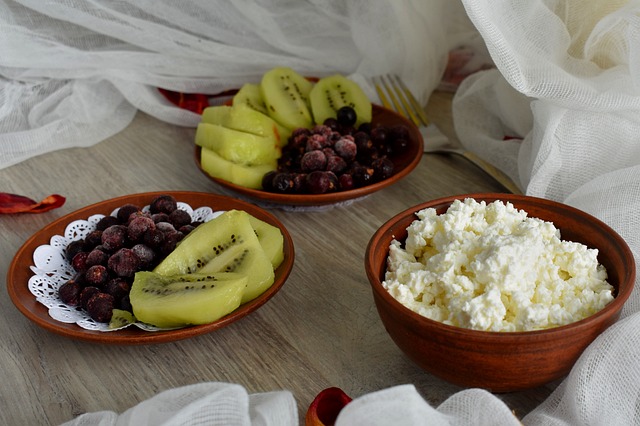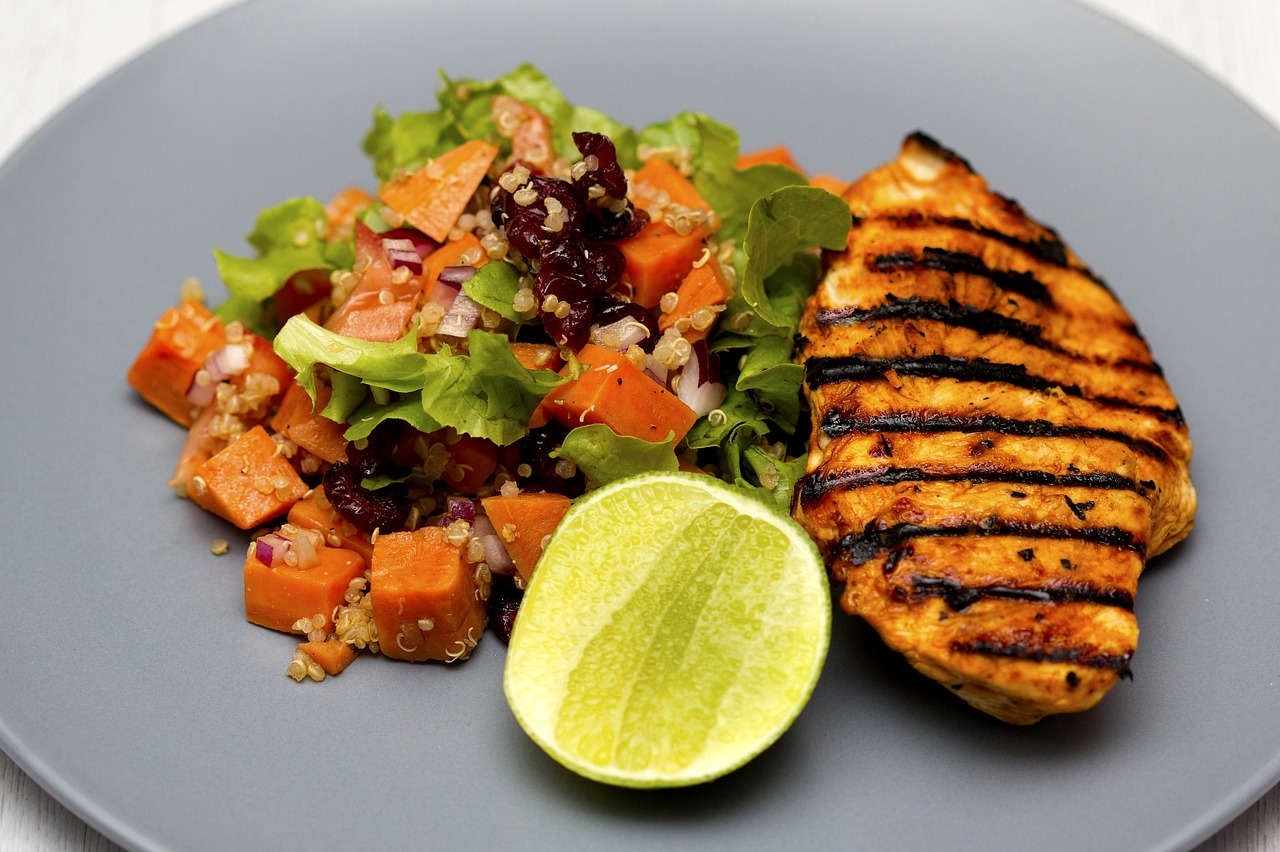Do you ever feel a shift in your energy levels after turning 30? Maybe that morning exercise routine feels a little tougher, or you find yourself needing an afternoon pick-me-up more often. It’s not your imagination!
Our bodies change as we age, and what fueled us in our 20s might not be enough to keep us feeling strong and vibrant in our 30s and beyond.
One main factor is the shift in our protein needs. Protein is like the building block of our bodies, playing an important role in everything from building muscle to keeping us feeling full and energized.
But the amount of protein our bodies need actually increases as we age.
In this blog, we’ll look into why protein becomes even more important after 30.
We’ll explore how adding more protein into your diet can help you feel your best, along with practical tips and delicious ways to add protein-rich options to your meals and snacks.
What is Protein?

Protein is the building block of the body for a good reason. Imagine your body like a giant Lego set – protein is the essential component that allows you to build, repair, and maintain all those tiny (and not-so-tiny) structures within you.
From your muscles and bones to your hair and skin, protein plays a crucial role in almost every bodily function.
It helps us:
- Build and Maintain Muscle: As we age, we naturally experience a decline in muscle mass, a process called sarcopenia. Protein is essential for building and maintaining muscle, which is critical for strength, balance, and everyday activities.
- Stay Energized: Protein helps you feel fuller for longer, preventing energy crashes throughout the day.
- Recover Faster: After workouts or daily wear and tear, our bodies need to repair tissues. Protein supports this process by providing the necessary building blocks for tissue regeneration.
- Support a Healthy Metabolism: Protein can help boost metabolism by increasing the thermic effect of food (the energy your body uses to digest and absorb nutrients).
Why We Need More Protein After 30?

As we hit 30 and beyond, a few things start to shift. One major change is a decrease in muscle mass.
This natural decline can lead to reduced strength, slower metabolism, and even an increased risk of injuries. This is where protein comes to the rescue!
Here’s why protein becomes even more important after 30:
- Address Muscle Loss: By increasing your protein intake, you can help counteract the natural decline in muscle mass and maintain your strength and mobility.
- Boosting Metabolism: Including protein in your diet can help keep your metabolism running efficiently, which is especially important if you’re noticing a slight weight gain after 30.
- Helps With Recovery: As our bodies take a bit longer to recover from exercise and daily activities after 30, protein plays a crucial role in supporting tissue repair and getting you back to feeling your best faster.
How to Fuel Your Body with Protein After 30

Adding more protein into your diet doesn’t have to be complicated!
Here are some simple and delicious ways to fuel your body with protein after 30:
Spread it Out: Aim to include a source of protein at every meal and snack throughout the day. This keeps your body consistently fueled and helps maintain muscle mass. Think of protein as a mini building block delivery – regular deliveries ensure your body has the materials it needs for constant repair muscle maintenance.

Variety: Don’t just stick to chicken breast. There are many protein-rich options, here are some examples to get you started:
- Animal Protein: Lean meats like chicken, turkey, and fish are excellent sources of complete protein, containing all the essential amino acids your body needs.
- Eggs are another protein powerhouse, offering a complete protein package in a convenient and versatile package.
- Dairy products like Greek yogurt and cottage cheese, which are packed with protein and calcium for strong bones.
- Plant-Based Protein like Legumes (beans and lentils) are a complete protein source on their own, while whole grains like quinoa and brown rice can be combined with other plant-based sources to create complete protein meals. Nuts, seeds, and even some vegetables like tofu are all excellent sources of plant-based protein.
- Smart Snacking: Choose protein-rich snacks instead of reaching for sugary or processed options. Here are some ideas to keep you satisfied and energized. Get Creative: Don’t be afraid to get creative and add protein into your existing meals. Here are some ways you can do just that:Greek yogurt with berries and a sprinkle of nuts or granola.Hard-boiled eggs – a classic and convenient protein snack.Edamame – a delicious and healthy source of plant-based protein and fiber.A handful of almonds or other nuts – a satisfying and portable protein snack.

- Scrambled eggs with chopped veggies for a protein-packed breakfast.
- Toss chickpeas into your favorite salad for a satisfying lunch.
- Sprinkle nuts and seeds on your oatmeal or yogurt for extra protein and crunch.
- Add protein powder to your morning smoothie for a delicious and convenient protein boost.
While protein is an important macronutrient for good health after 30, it’s still important to maintain a balanced diet.
Include healthy fats, complex carbohydrates, fruits, and vegetables alongside your protein sources to ensure your body gets all the nutrients it needs.
Protein helps to keep us strong, energized, and healthy, especially as we enter our 30s and beyond. By understanding the importance of protein and adding these simple tips into your diet, you can fuel your body for a healthy and active life.
Remember, consistency is key! Aim to include protein sources throughout your day, experiment with different recipes to find out what you enjoy. For personalized protein intake recommendations book a free consultation here.
Prioritizing protein can make a significant difference in how you feel after 30. So, embrace these protein-strategies, and get ready to conquer your goals with renewed energy, strength, and a body that feels its best


